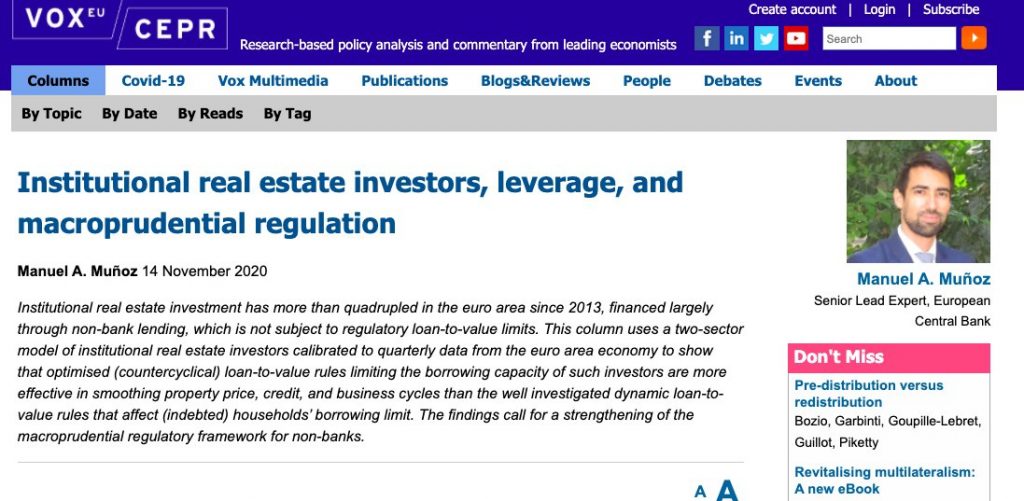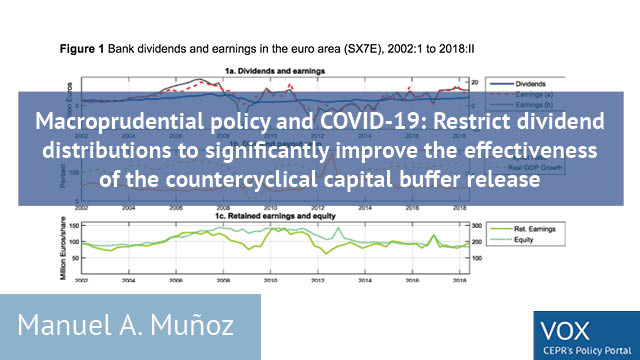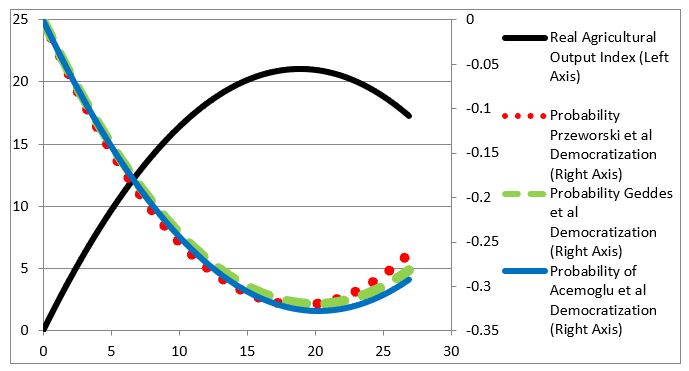The CEPR journal on Covid Economics recently included the paper, “Is COVID-19 a consumption game changer? Evidence from a large-scale multi-country survey” by Alexander Hodbod ’12 (ITFD), Cars Hommes, Stefanie J. Huber ’10 (Economics), and Isabelle Salle.
Steffi gave an interview to CEPR’s Tim Phillips about the team’s research:
Policies to avoid zombification of the economy
In an accompanying VoxEU column, the authors discuss the risks that government responses to COVID-19 could “zombify” the economy.
“A representative consumer survey in five EU countries indicates that many consumers do not miss certain goods and services they have cut down on since the COVID-19 outbreak,” the authors explain in their column. “Fiscal policy must recognise that some firms will become obsolete in the altered post-COVID-19 environment. To achieve a swift recovery, these obsolete firms must be allowed to fail fast so that resources can be reallocated to more efficient uses. Instead, fiscal support should be laser-like in targeting those households who are particularly hard hit by the crisis. Such support should be oriented towards helping displaced workers retrain and find new jobs.”
Paper abstract and download
Prospective economic developments depend on the behavior of consumer
spending. A key question is whether private expenditures recover once
social distancing restrictions are lifted or whether the COVID-19 crisis
has a sustained impact on consumer confidence, preferences, and, hence,
spending. Changes in consumer behavior may not be temporary, as they
may reflect long-term changes in attitudes arising from the COVID-19
experience. This paper uses data from a representative consumer survey
in five European countries conducted in summer 2020, after the release
of the first wave’s lockdown restrictions. We document the underlying
reasons for households’ reduction in consumption in five key sectors:
tourism, hospitality, services, retail, and public transports. We identify
a large confidence shock in the Southern European countries and a
permanent shift in consumer preferences in the Northern European
countries. Our results suggest that horizontal fiscal support to all firms
risks creating zombie firms and would hinder necessary structural
changes to the economy.
Connect with the authors
- Alexander Hodbod ’12 (International Trade, Finance, and Development). Counsellor to ECB Representative to the Supervisory Board, European Central Bank (DGSGO-SO), Frankfurt, Germany.
- Cars Hommes. Professor of Economic Dynamics at CeNDEF, Amsterdam School of Economics, University of Amsterdam, and research fellow of the Tinbergen Institute, Amsterdam, The Netherlands, Senior Research Director (Financial Markets Department), Bank of Canada.
- Stefanie J. Huber ’10 (Economics). Assistant Professor at CeNDEF, Amsterdam School of Economics, University of Amsterdam, and research candidate fellow of the Tinbergen Institute, Amsterdam, The Netherlands.
- Isabelle Salle. Principal Researcher at the Bank of Canada (Financial Markets Department), research fellow at the Amsterdam School of Economics, University of Amsterdam, and research fellow of the Tinbergen Institute, Amsterdam, The Netherlands.





